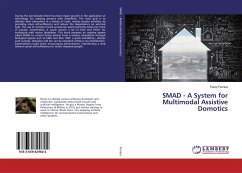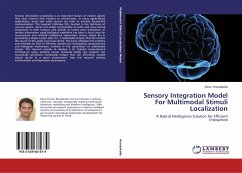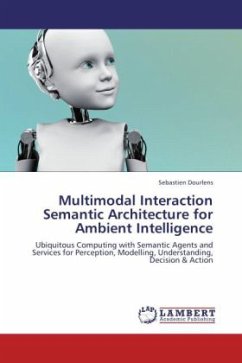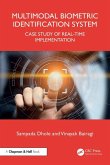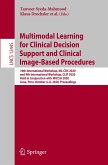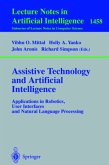During the last decades there has been major growth in the application of technology for assisting persons with disabilities. The main goal is to alleviate their discomfort in a variety of tasks, mainly routine activities, by providing more self-sufficiency and reduce the dependency on external help. The use of common home accessories seems perfectly natural to most of people; nevertheless, it could require a lot of time and effort for individuals with motor disabilities. This book presents an assistive system called SMAD to control home devices from a robotic wheelchair through biological signals such as EMG and EEG. With a quick installation, devices such as lamp, television and fan can be operated without any modification. Experimental results show encouraging performance, representing a step toward actual self-sufficiency for motor impaired people.
Bitte wählen Sie Ihr Anliegen aus.
Rechnungen
Retourenschein anfordern
Bestellstatus
Storno

